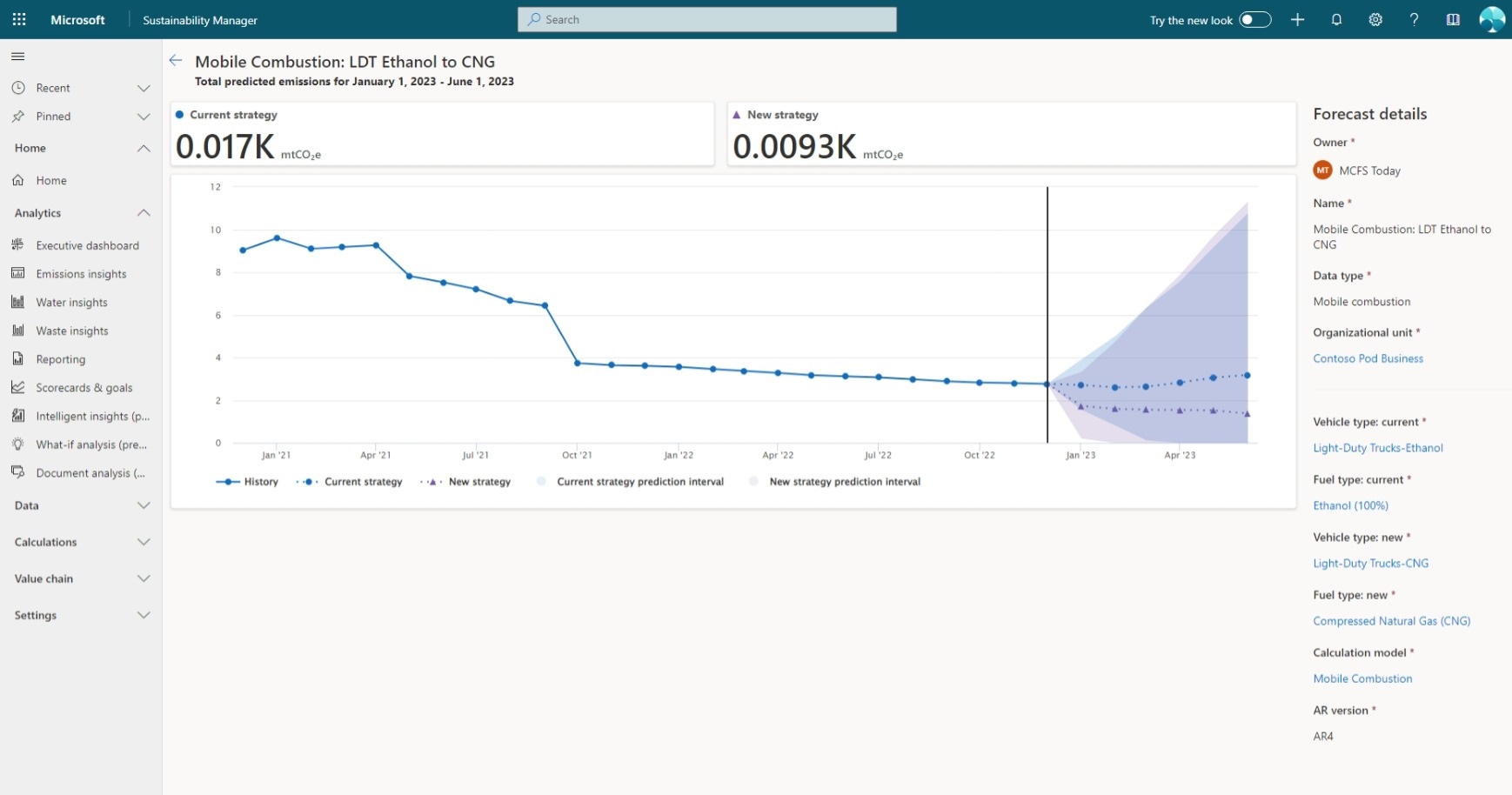Moody’s Launches New Scores for Sovereigns Measuring ESG Impact on Credit
Investment information service and rating company Moody’s announced today the launch of two new ESG score types for sovereigns, including issuer profile scores (IPS) and credit impact scores (CIS). IPS scores measure sovereigns’ exposure to ESG factors, while CIS gauges the effect of ESG on default risk and the rating.
Moody’s unveiled the new scores in conjunction with the release of a report highlighting the impact of ESG factors on sovereign credit. According to the report, while the credit impact of ESG varies from “Positive” to “Very Highly Negative,” the factors most commonly have a negative overall impact on sovereign credit quality. Environmental risk is most often moderately negative, neutral at best, social risk tends to be moderately or highly negative, while governance is a strength for most advanced economies, but varies for emerging markets.
Of the 144 sovereigns covered by Moody’s scores, ESG considerations were found to have a “Very Highly Negative” credit quality impact on 20 .According to the new report, examples of sovereigns with a “Highly Negative” ESG rating impact include South Africa, India and Turkey. 11 sovereigns saw a “Positive” impact, including Ireland, Denmark, Sweden and New Zealand.
Marie Diron, Moody’s Managing Director – Sovereign Risk and the report’s co-author, said:
“Our new ESG credit impact scores and issuer profile scores complement our previous analysis of the credit impact of ESG for sovereigns. The scores highlight in a clear and consistent way the relative vulnerability of sovereigns to climate change, water risk or carbon transition, demographics or income inequality, among other environmental and social considerations. They also highlight the credit impact of governance strength and generally the varied capacity of sovereigns to respond to ESG risks.”





